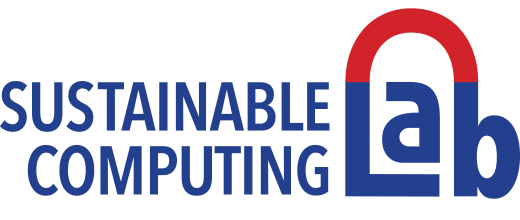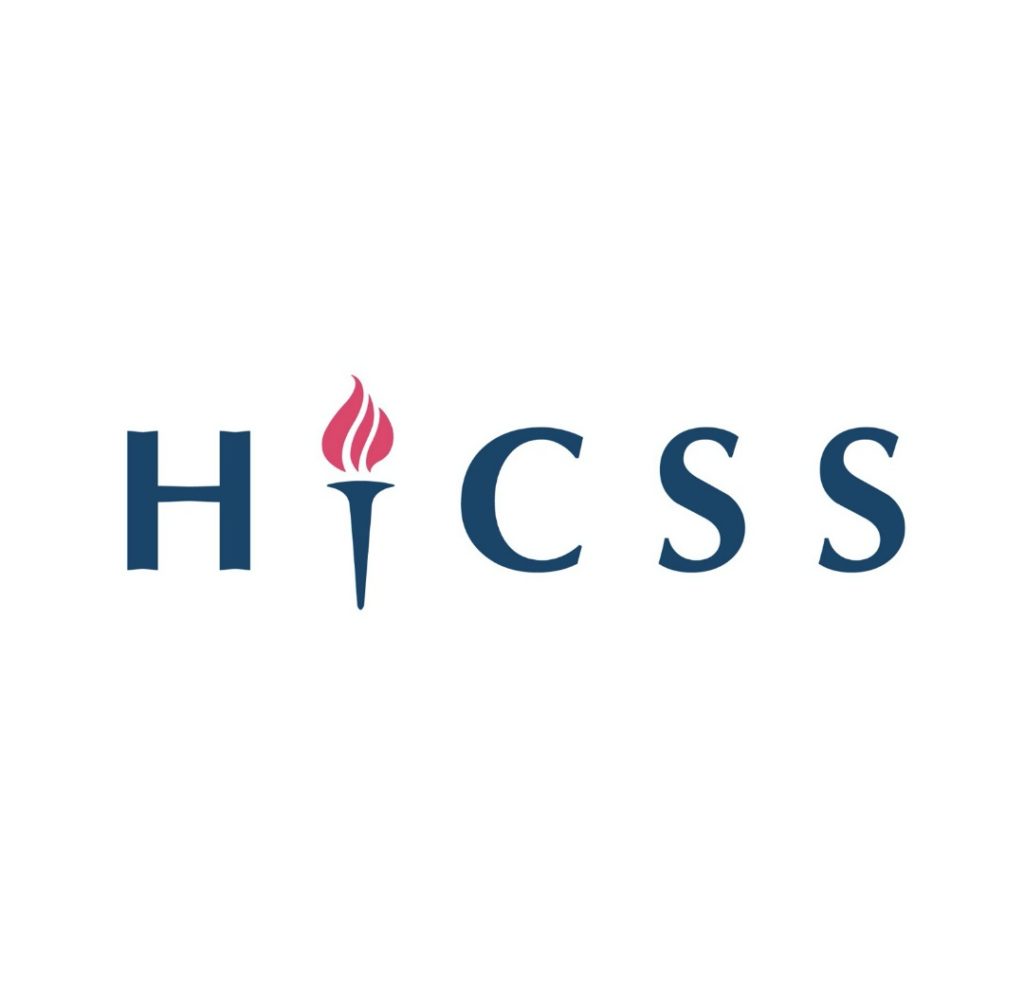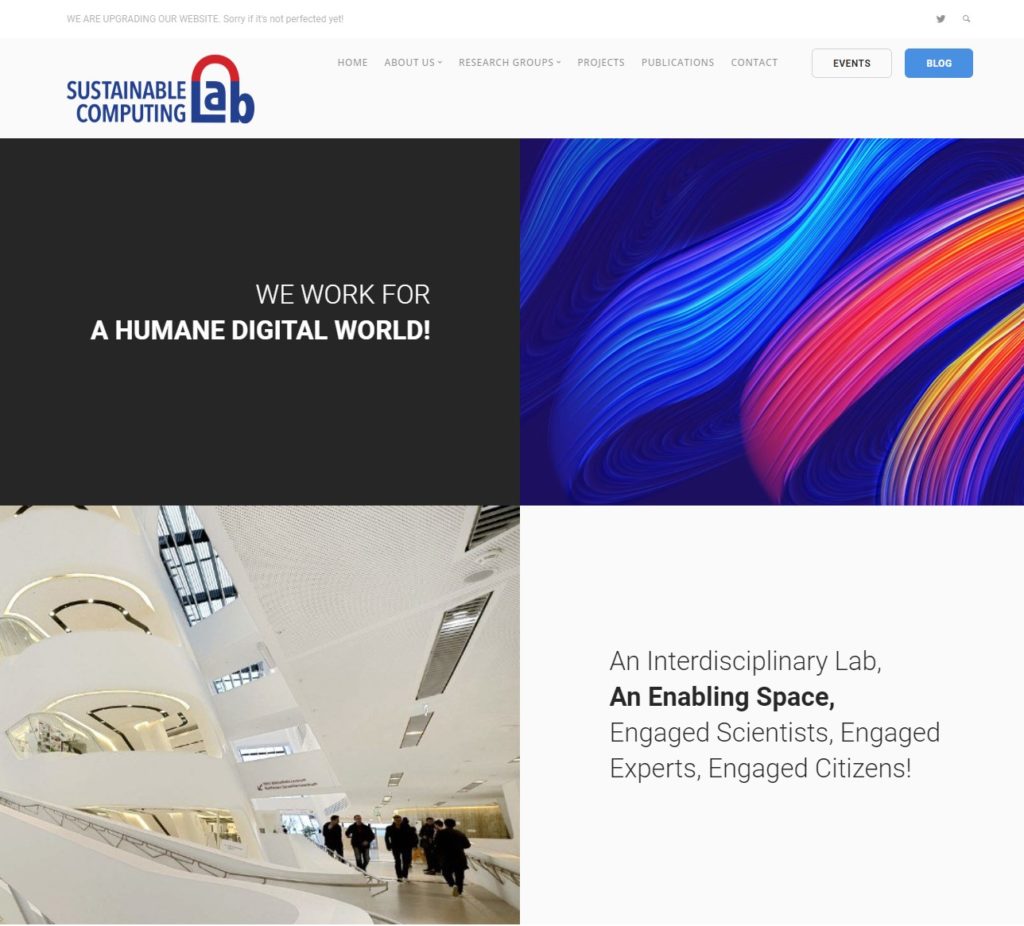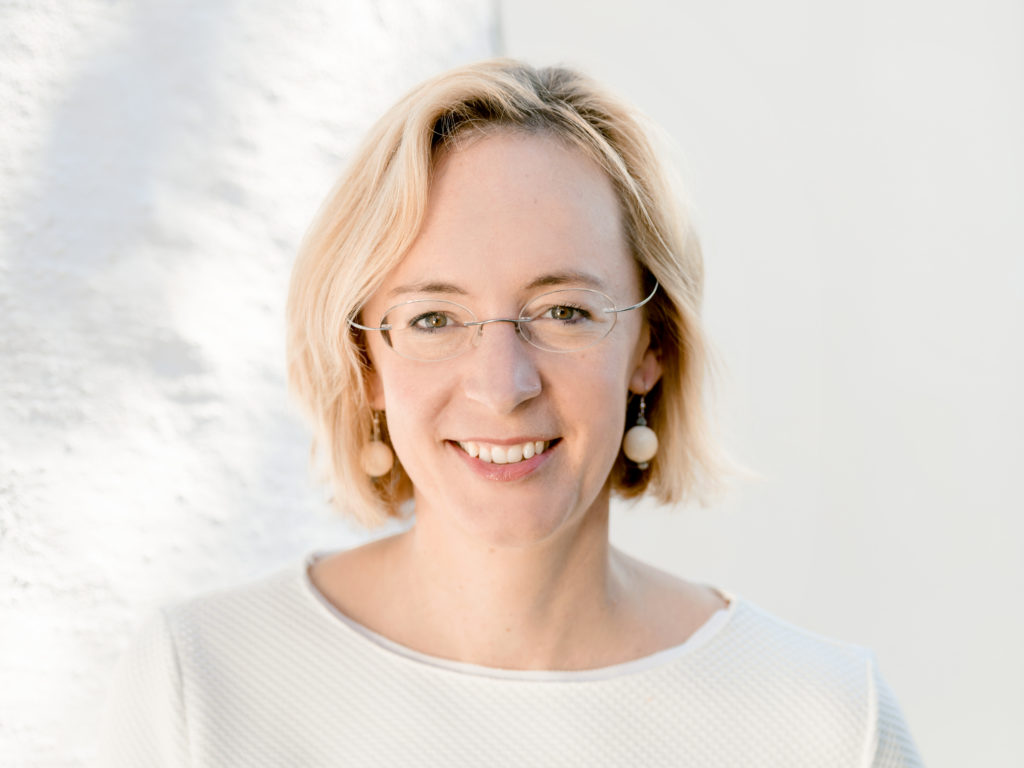
There are growing demands for greater accountability of socio-technical systems. While there is broader research on a range of issues relating to accountability such as transparency or responsibility, more concrete proposals for developing accountability mechanisms that reflect the socio-technical nature of information systems are less discussed. A key challenge in existing research is how to imagine information systems which promote accountability. While this is part of the wider debate on fairness accountability and transparency principles in the FAccT community and around explainability and bias in artificial intelligence, more concrete proposals for developing socio-technical accountability mechanisms are seldom discussed in detail.
This need for accountability should be reflected both at technical levels, as well as in the socio-technical embeddedness of the systems being developed. By trying to specifically isolate the accountability mechanism within socio-technical systems, we believe it is possible to systematically identify and compare such mechanisms within different systems, as well as push for a debate about the effectiveness of such mechanisms.
This special issue focuses on the mechanisms for tackling issues of accountability in socio-technical systems. The goal is to provide a forum for proposing, describing and evaluating specific accountability mechanisms; exploring the challenges of transforming more abstract notions of accountability into practical implementations; for critical perspectives on different accountability approaches; highlighting the successes as well as challenges from practical use-cases; and so forth.
Recognizing that the challenges are socio-technical, we solicit papers from a range of disciplines. Given the practical focus of this special issue, we specifically encourage papers that discuss accountability from a technical, organisational, legal or STS perspective. We see this special issue as a way to close these gaps by engaging with the existing debate on accountability.
Potential areas of interest for submissions include, but are not limited to:
– user cognition and human behaviour in relation to the design of interfaces that promote accountability
– increasing the accountability of automated decision-making systems and decision-support systems
– ensuring accountability in public sector systems
– perspectives to accountability in the context of real-world technologies
– contributions that bring together technical and non-technical perspectives
– critical examinations of existing accountability technologies and mechanisms aimed at gaining new insights about their socio-technical characteristics and implications.
In all these and further areas, accountability in socio-technical systems needs to be addressed more systematically. The concrete implementation of such accountability mechanisms has so far received only limited attention. Similarly, the challenges arising during such transformations of abstract accountability concepts into concrete implementations as well as the critical evaluation of respective implementations are only rarely covered by existing research. We see this special issue as a way to close these gaps by engaging with the existing debate on accountability.
Submission Guidelines
Authors should follow the Journal guidelines for paper submission. Full details are available here: https://www.elsevier.com/journals/journal-of-responsible-technology/2666-6596/guide-for-authors
Submissions must be made through the Editorial Manager submissions system via the following link: https://www.editorialmanager.com/jrtech/default.aspx
For questions about special issue submissions or the review process, please don’t hesitate to contact the Guest Editors here: b.wagner@tudelft.nl
Relevant Dates
– Submissions open from 1 February 2021
– Submissions due by 30 June 2021
Guest Editors
– Ben Wagner, TU Delft
– Jat Singh, University of Cambridge
– Frank Pallas, TU-Berlin
– Florian Cech, TU Vienna
– Soheil Human, WU Vienna





